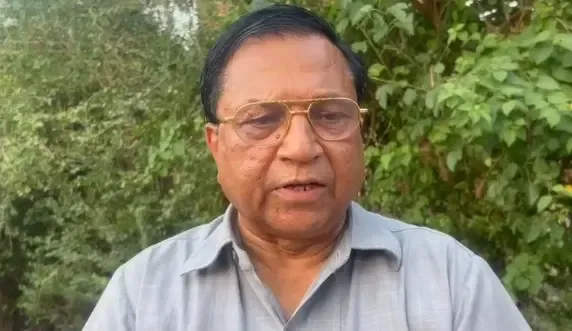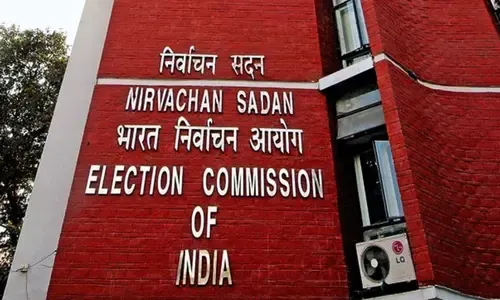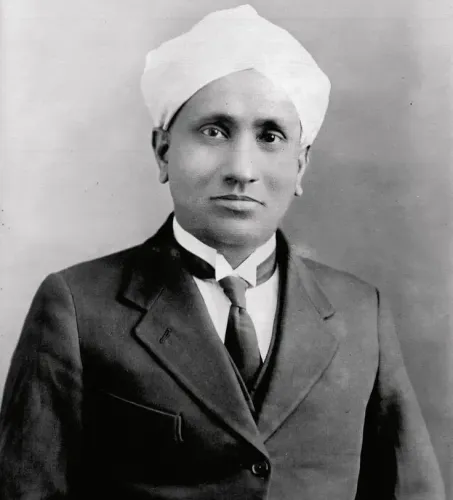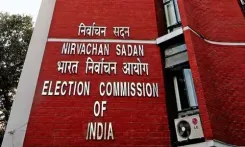Ex-SC Bar Association Chief Adish C. Aggarwala Defends Supreme Court's Decision

Synopsis
Key Takeaways
- The Supreme Court's ruling is not judicial overreach.
- Set a three-month deadline for Governor's assent.
- Ten Bills have automatically become law.
- Legal experts support the court's decision.
- Historical implications for federal structure.
New Delhi, April 12 (NationPress) The Supreme Court's significant ruling concerning the impasse between the Tamil Nadu government and Governor R.N. Ravi has been positively received by legal experts, who have rejected claims of 'judicial overreach'. The apex court has established a three-month deadline for the approval of Bills.
Adish C. Aggarwala, the former President of the Supreme Court Bar Association, commented, "In my view, the ruling in the Tamil Nadu matter under Article 142 of the Indian Constitution does not constitute an overreach by the Supreme Court, as it is grounded in the earlier 2023 ruling of State of Punjab vs Principal Secretary to Governor of Punjab."
He further noted, "While Articles 200 and 201 of the Constitution do not impose a specific time frame for the President and the Governor to make a decision, the recent Punjab case by a three-judge bench has set a defined period for the Governor and the President to act."
The judgment, taking into account the distinctive situation in Tamil Nadu, declared that the 10 Bills that had been pending since 2020 with the Governor have now automatically been enacted into law.
According to the apex court, "Ten Bills were approved by the State Legislature and forwarded to the Governor for approval. However, he delayed action on them for over a year."
Aggarwala suggested that the Governor of Tamil Nadu should now seek to challenge the ruling before a larger bench, asserting that he was not afforded the opportunity to provide his assent to these Bills within the required time frame.
He stated, "In my opinion, the Supreme Court should have initially given the Governor the chance to provide his assent, rather than directly issuing a ruling of deemed assent."
Previously, Rakesh Dwivedi, another constitutional scholar and Senior Advocate representing the Tamil Nadu government in this case, shared exclusive insights with IANS regarding the developments and ramifications of the Supreme Court's ruling.
He remarked that the judgement was rendered considering the exceptional conditions in Tamil Nadu.
"Ten Bills were approved by the State Legislature and sent to the Governor for assent. However, he delayed action for more than a year," Dwivedi reiterated.
During this time, a similar issue arose in Punjab, prompting the Supreme Court to clarify the interpretation of Article 200.
Dwivedi explained: "The court determined that when a Governor receives a Bill and opts not to assent, they must return it to the Legislature with a message for reconsideration. If the Legislature passes the Bill again, the Governor is obligated to provide assent, and at that point, discretion is no longer applicable."
Former Law Minister Kapil Sibal praised the verdict as historic and beneficial for the country's federal structure.
Sibal highlighted that the delay in assent by Governors concerning Bills passed by State Legislatures has long been exploited as a tool of harassment by the Central government, given that the Governor is appointed by the federal government.
"The Supreme Court has eliminated the potential for unexplained delays and mandated a three-month deadline for Governors to make decisions," he remarked, noting that the Attorney General had opposed the imposition of a deadline, but the apex court dismissed the government's opposing position.









